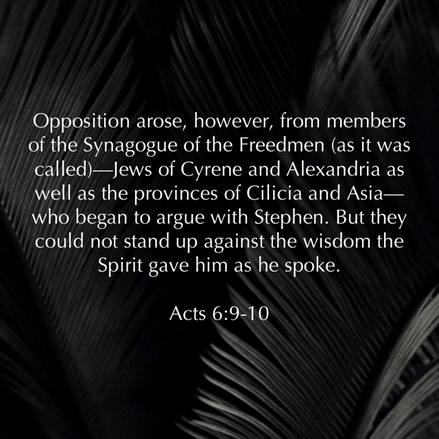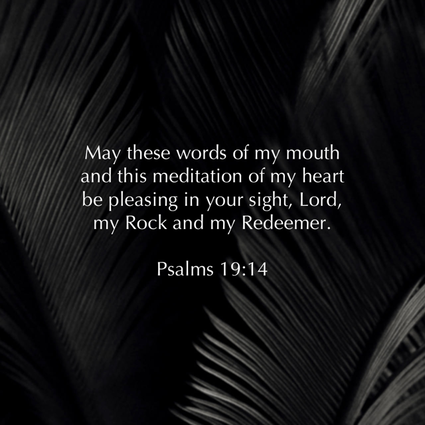|
Good morning!
We're so glad you decided to join us today!
Next week, we will not be meeting for Sunday School in person. We will be at Cross Creek Park for our church picnic with Upper Buffalo.
When we meet together in person, we take time to share our joys and concerns. If you have any prayer requests, please add them as a comment on this post. When you are ready, use the prayer below (source), written by John Wesley as a prayer of thanksgiving to get started.
Almighty and eternal God, we desire to praise thy holy name, for so graciously raising us up, in soundness of body and mind, to see the light of this day. We bless thee in behalf of all thy creatures; for "the eyes of all look unto thee, and you give them their meat in due season." But above all we acknowledge thine inestimable benefits bestowed upon mankind in Christ Jesus. We thank thee for his miraculous birth, his most holy life, his bitter agony, his bloody death, his glorious resurrection on this day, his ascension into heaven, his triumph over all the powers of darkness, and his sitting at thy right hand for evermore. Amen.
This week's lesson is on Zechariah 9:9-13, 16-17.
Lesson Context
Zechariah was a prophet at the time of the return from Babylon. He had a leadership role in rebuilding the temple. The book of Zechariah is the longest of the minor prophets. It is divided into three major parts. The first part, through chapter 6, has eight night visions and is apocalyptic. The second part, chapters 7 and 8, records responses by the Lord to observances of fasting. The third part, chapters 9 through 14, is presented as two undated prophecies. Our lesson is from the first of the two undated prophecies. The first eight verses, before today's lesson text, are believed to focus on events that occurred during the time of Alexander the Great (356 - 323 BCE). This would have been roughly 150 to 200 years after Zechariah's life.
The Lord's King
(verse 9) Zechariah calls on the people to rejoice because the righteous and humble king has returned to Jerusalem. The prophecy talks about the king riding in on a donkey, while a victorious king would normally ride in on horseback. We probably recognize that particular line as being fulfilled on Palm Sunday (Matthew 21:1-11; Mark 11:1-10; Luke 19:28-40; John 12:12-19).
The Lord's Kingdom
(verses 10-13) In this section, Zechariah uses Ephraim, one of the ten northern tribes, to mean the entire northern nation of divided Israel. Jerusalem is used to mean the entire southern kingdom, instead of Judah. The coming king would bring peace to everyone, everywhere. This peace is more than the absence of human conflict. It is a reconciliation between God and all of the people. The passage talks about the "blood of my covenant." Our book points out that the prophecy could be looking to the past or to the future. In the past, in Exodus 24, God commanded Moses to go to a specific place with seventy of the elders, and worship. Part of the worship was offering sacrifices. Moses sprinkled the people with blood from the sacrifice, and said, “This is the blood of the covenant that the Lord has made with you in accordance with all these words.” In what would be the future for Zechariah, we would probably think of Jesus' sacrifice on the cross, the new covenant. At the end of this section, the prophecy talks about Greece and the rescue of God's people. Our book says that after Alexander the Great died, his Greek Empire was split among four of his generals. One of the boundaries ran through Palestine. There were revolts frequently along the boundary. For a brief period, starting in 152 BCE, the Jews regained their autonomy. However, by 63 BCE, the Roman Empire had taken control of the area.
The Lord's Care
verses 16-17 At the end, the text returns to an image we are familiar with: the shepherd of a flock of sheep. The people are precious to God. They will be a witness for all to see. They will have prosperity because of what God will do.
Conclusion
God is intent on bringing eternal life to those created in his image. But he made promises to those under the old covenant in terms of physical, earthly deliverance because that was their frame of reference. Even into the New Testament era, people had a hard time seeing the spiritual as surpassing the earthly, of seeing beyond the temporary to the eternal.
Prayer
Almighty God, as we think about Jesus as king, we resolve that our goal every day will be to remember that our citizenship is in Heaven and to be the best citizens possible of his kingdom. In Jesus' name we pray. Amen.
Questions for Discussion
Benediction
This week's benediction is from the New International Version.
Next week's lesson will be on Matthew 12:22-32.
0 Comments
Good morning!
Happy Mother's Day! Please join us in singing a hymn!
We usually take some time to share our joys and concerns. If you have any you want to share, you can post a comment below. Take a minute pray for any worries or concerns you might be experiencing. Then, take a minute to think about, and be thankful for, all of the joys and blessings you have experienced this week. Pray about those as well!
Our lesson for this week is Zechariah 8:1-8 and 8:11-17
|
AuthorWe are a small, rural Presbyterian church in southwestern Pennsylvania. Archives
July 2024
Categories
All
|



 RSS Feed
RSS Feed